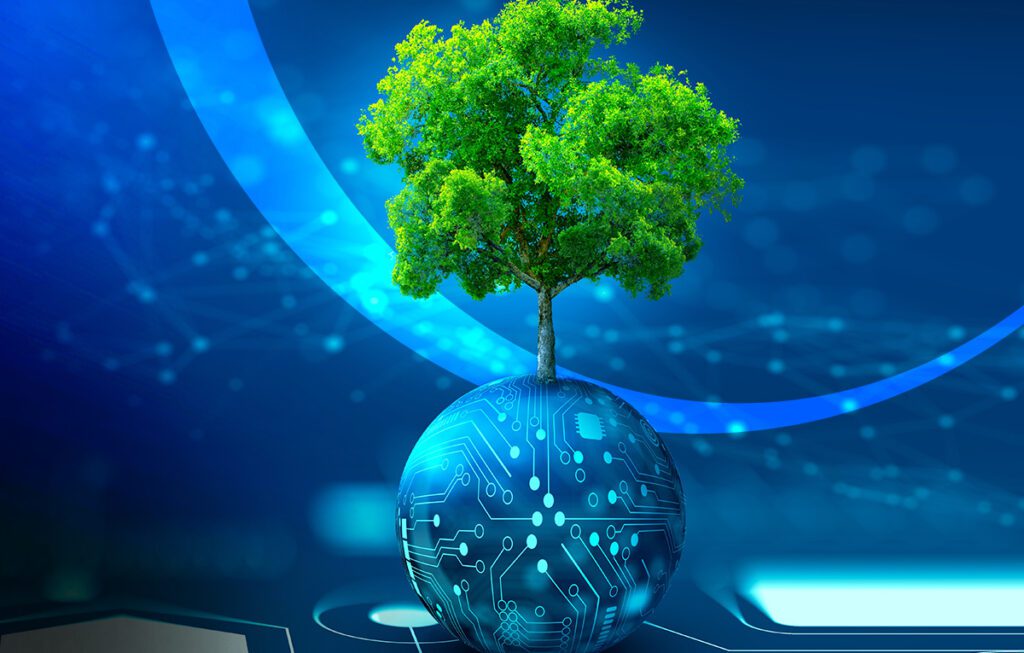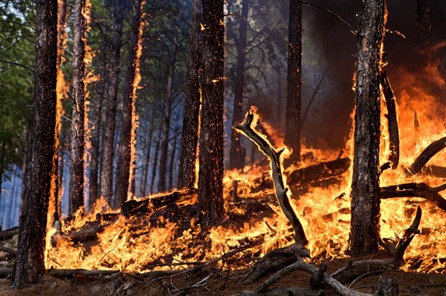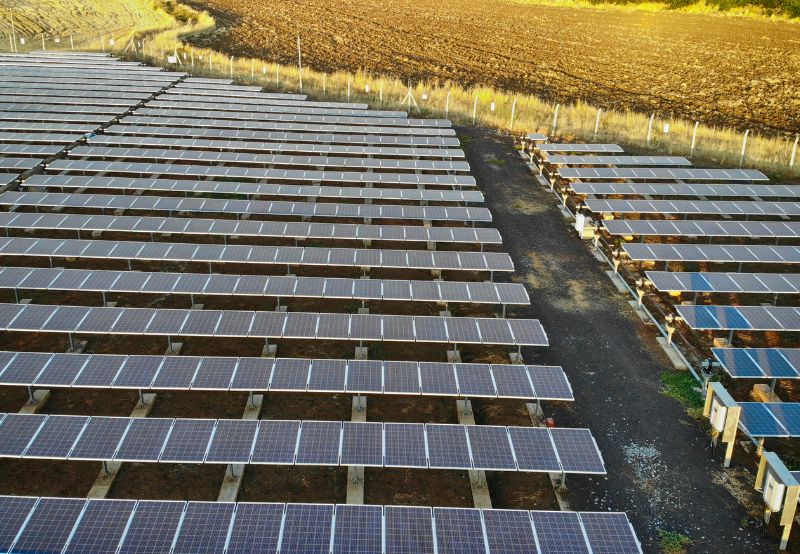Global warming and biodiversity loss stem from the same economic, social and political systems that prioritise profits and reward exploitation.
As we celebrate Earth Day – and with the UN COP30 climate summit in sight – we are simultaneously witnessing the widespread and devastating effects of the climate and biodiversity crises.
A new report, Climate and Biodiversity in Freefall, published by Friends of the Earth International, demonstrates how these crises are intertwined and rooted in the same systems. It has now become increasingly clear that what we need is real system change that focuses on the root causes, challenges and existing power relationships, and dismantles all forms of oppression and exploitation.
Understanding the connection
Intrinsically linked, climate change and the biodiversity crisis stem from the same economic, social and political systems that prioritise maximising profits over people and the planet and reward exploitation – and they exacerbate one another.
Roughly 1 million plant and animal species are threatened with extinction today, according to the Intergovernmental Panel on Climate Change, as rising temperatures and the increased frequency and severity of extreme weather events wreak havoc on habitats, ecosystems and communities.
It goes both ways: biodiversity loss is also taking a major toll on climate stability. As ecosystems lose biomass – the sum of all living organisms – the diversity among species declines.
Deforestation and soil degradation from industrial agriculture and other extractive industries have drastically reduced the total amount of carbon stored in biomass. For example, the Amazon is fast approaching a tipping point where forests may turn from carbon sinks into carbon sources with irreversible and catastrophic climate impacts.
Carbon and biodiversity offsetting do nothing to reverse the drivers of this carbon and biomass loss and can never be solutions to the climate or biodiversity crisis.
Tackling these major challenges requires a holistic approach. Yet, the current policy responses are only pushing us further toward an impasse.
The perils of poor climate policies
International climate policies that advance false solutions are failing to address these crises and aggravate this negative feedback loop.
Biofuels, for example, pushed as a so-called “solution” to replace fossil fuels and fuel cars, have gained strong popularity in recent years, although they raise serious concerns: their production creates fierce competition for land between energy crops and food production and drastically reduces the availability of arable land for food production. This often results in even more deforestation and land grabs, disproportionately affecting Indigenous Peoples and small-scale food producers, threatening their lives and livelihoods and erasing ancestral knowledge.
Carbon offsets based on carbon stored in forests, such as REDD+ and “nature-based solutions” have also taken off, despite their unrealistic land requirements, to supposedly compensate for ongoing fossil fuel emissions. These offsets are based on the idea that not destroying nature, and therefore avoiding the release of more carbon into the atmosphere, gives the right to emit more elsewhere. This implies locking in the amount of emissions avoided – and it leads to the same nature being under threat from climate change, instead of compensating for it.
Touted as a fix to the climate and biodiversity crises which could be favourable to states’ economies, in reality these are nothing more than false solutions that further undermine biodiversity and put us all at risk. They delay urgent and adequate action while causing potentially disastrous consequences for communities and ecosystems, especially in the Global South.
Tree-planting, mostly in biodiversity-damaging mono-culture tree plantations, also has become a go-to greenwashing technique for corporations looking to delay climate action and boost their image so they can carry on profiting from the crisis they have helped create.
Instead, we need measures that urgently address the underlying causes of both climate change and biodiversity loss.
Breaking the cycle: the call for system change
Clearly, false solutions won’t be our way out of such a mess. At best, corporations and the rich nations propping them up will dig humanity and the environment into a deeper hole. To really tackle this polycrisis, system change that gets to the root of the problem, dismantles and avoids replicating the same forms of oppression and exploitation, is needed.
All the while, the recognition and empowerment of women and of Indigenous Peoples and Local Communities (IPLCs), whose traditional scientific, historical, collective knowledge and practices are invaluable in preserving the ecosystems we depend on, is equally important. Women have always been caretakers of forests and ecosystems. Their voices must be heard and respected, as should those of IPLCs in decision-making processes related to their lands.
As we approach COP30 in November, the intertwined crises of climate change and biodiversity loss call for a fundamental rethinking of our approach. By recognising the interconnections, halting detrimental policies, and supporting Indigenous knowledge, we can forge a path toward system change that protects our planet’s ecosystems and provides a sustainable future for peoples and communities, especially those in the Global South who are the most affected. The stakes could not be higher.




